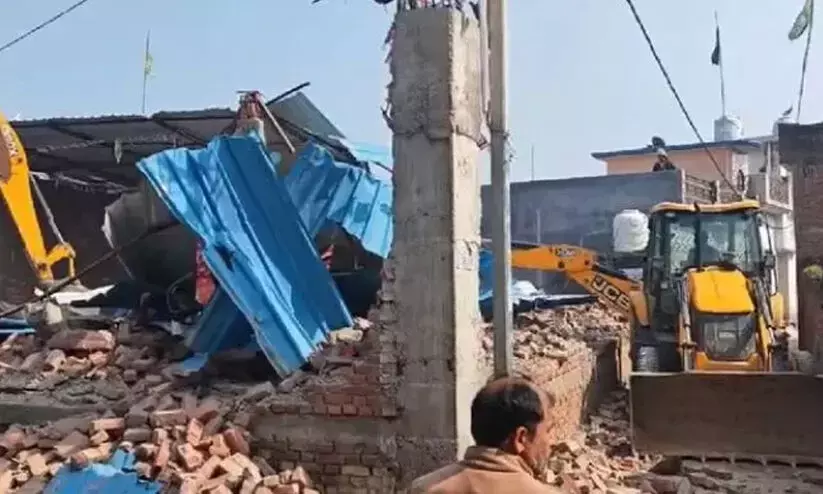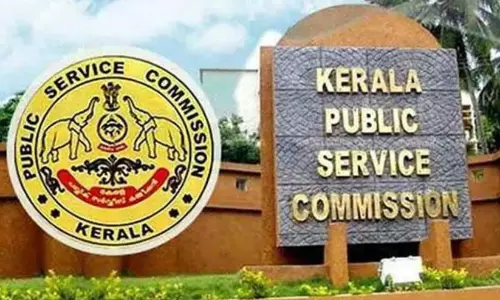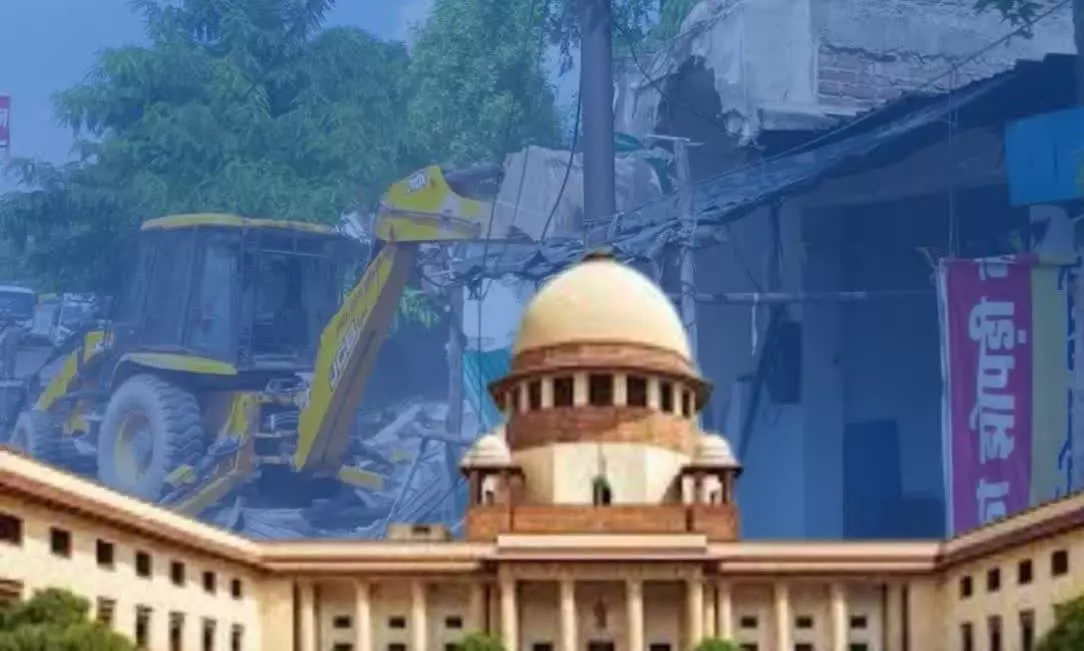
SC order reining in ‘bulldozer terror’: leaders hail victory for human rights protections
text_fieldsIn a landmark ruling on Wednesday, the Supreme Court issued a strong rebuke against the use of bulldozers to demolish properties of accused or convicted individuals without due process, a practice observed particularly in states governed by the Bharatiya Janata Party.
The ruling established nationwide guidelines, demanding that no property should be demolished without a prior show cause notice and allowing affected individuals a 15-day period to respond. This decision has been welcomed by opposition leaders and Muslim community leaders, who view it as a victory for legal and human rights protections.
The Jamiat Ulema-e-Hind, a petitioner in the case, had argued that the practice of demolishing properties as punishment was illegal and a form of extrajudicial action. Jamiat’s leader, Maulana Arshad Madani, applauded the decision, expressing that the ruling is a “day of great joy and satisfaction” for their legal efforts.
He added that this judgement upholds the protection of the poor and marginalized, regardless of religious affiliation. According to Madani, the bulldozer action not only violates due process but also insults the judiciary and the rule of law.
The Supreme Court, equating “bulldozer justice” with a “lawless state of affairs,” emphasized that the government cannot act as judge and executioner in the matter of property demolitions. The bench, comprising Justices B.R. Gavai and K.V. Viswanathan, further stated that property demolition as a punishment infringes on constitutional rights.
Justice Gavai stressed the harm caused when families, including women and children, are left without shelter overnight. The court ordered that all demolition activities must be videographed to ensure transparency and accountability. Additionally, it clarified that these guidelines would not apply to unauthorized constructions on public land or cases where a court has already issued a demolition order.
The ruling received widespread support from opposition leaders, who interpreted the decision as a significant check on the power of state governments. Samajwadi Party leader Akhilesh Yadav, addressing a gathering in Kanpur, remarked that the Supreme Court had effectively “parked the bulldozer in the garage forever,” a comment directed at the Yogi Adityanath administration in Uttar Pradesh, which has been criticised for using bulldozers as a form of punishment.
Yadav highlighted that this “bulldozer justice” has had severe impacts on the lives of the poor, especially in Ayodhya, which he linked to the BJP’s loss in a recent election.
Bahujan Samaj Party chief Mayawati also welcomed the verdict, expressing on social media platform X that the ruling should prompt an end to the “terror of bulldozer” and ensure that state governments focus on public welfare rather than punitive demolitions.
All India Majlis-e-Ittehadul Muslimeen (AIMIM) President Asaduddin Owaisi, who has been a vocal critic of bulldozer demolitions, praised the decision as a crucial relief, particularly for marginalized communities. Owaisi posted on X, criticizing Prime Minister Narendra Modi’s previous endorsement of bulldozer policies, referring to the court’s rejection of such practices as “a lawless state of affairs.”
The verdict has brought attention to the rights of accused individuals, with the court noting that they cannot be stripped of property or shelter without a judicial ruling. The bench further cautioned against blanket punishment practices that risk undermining constitutional protections.
The Supreme Court’s verdict concluded a series of petitions that called for established protocols on demolitions and has set a new precedent for protecting due process in property-related disputes across India.























